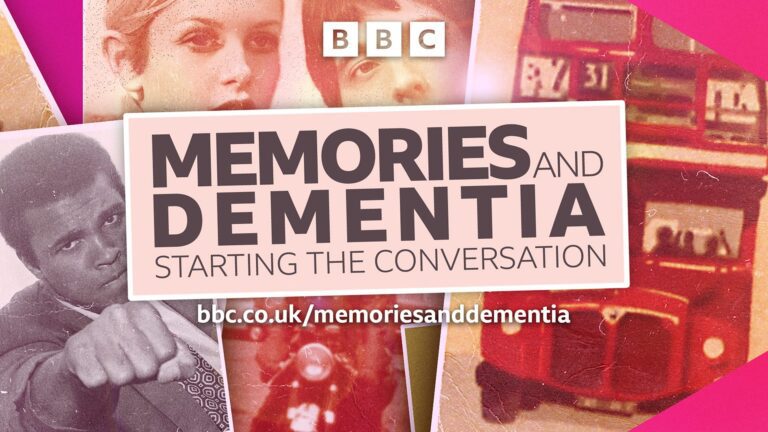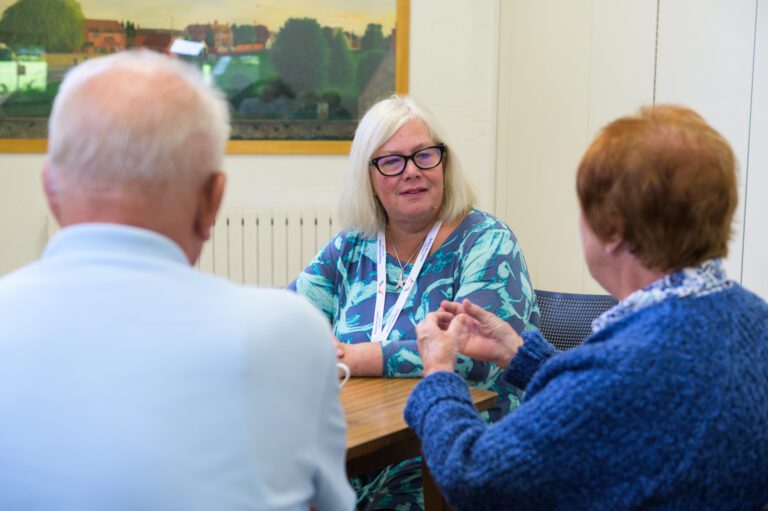The issues with diagnosing dementia
Diagnosing dementia can currently be a difficult process. Just about 2% of patients undergo one of the ‘gold standard’ tests for Alzheimer’s, which include either a specialised PET brain scan or a spinal lumbar puncture. These tests can detect the presence of abnormal proteins in the brain, such as amyloid and tau, which begin to build up as early as 20 years before symptoms appear. However, these tests are costly.
The vast majority of people are diagnosed through a combination of cognitive tests and brain scans, but these can be time-consuming and uncertain in their results. That’s why researchers are focusing on a cheaper, more accurate test for dementia.
Trialing new methods
The good news is that two new trials are underway to see if simple blood tests can accurately diagnose dementia in its early stages. The tests have shown very promising results in a laboratory setting, but now need to be trialled in the community – and you can help!
The blood test trials are being run by University College London (UCL) and the University of Oxford, through around 50 memory clinics across the UK. The UCL trial is called ADAPT, and will be assessing a blood test to specifically diagnose Alzheimer’s. The READ-OUT study from the University of Oxford will be looking at range of new and existing blood tests to detect different types of dementia, including Alzheimer’s, vascular dementia, frontotemporal dementia and dementia with Lewy bodies.
Want to participate in the trials?
If you are interested in taking part in the Blood Biomarker trials, simply register your interest on the Dementias Platform UK website, or call Alzheimer’s Research UK on 0300 111 5 111. You can sign up if you are cognitively healthy, have some memory issues or already have a dementia diagnosis.




2 thoughts on “Would you like to take part in dementia blood test trials?”
I live in Oldham, OL8 1NS area , near Manchester. I would like to ask is there anywhere near to me that I could go for the trial blood test please.
Hi Lorraine
I’m afraid we only cover Oxfordshire. However, it looks like you can sign up to take part in the research on the Dementias Platform UK website https://www.dementiasplatform.uk/research/read_out
There is a detailed news item about the research on the Alzheimer’s Research website https://www.alzheimersresearchuk.org/news/uk-wide-study-into-dementia-blood-tests-recruits-first-participants/ They may also be able to help with details of participating clinics local to Oldham.
I hope that helps!
Best wishes, Amanda (Marketing Officer)